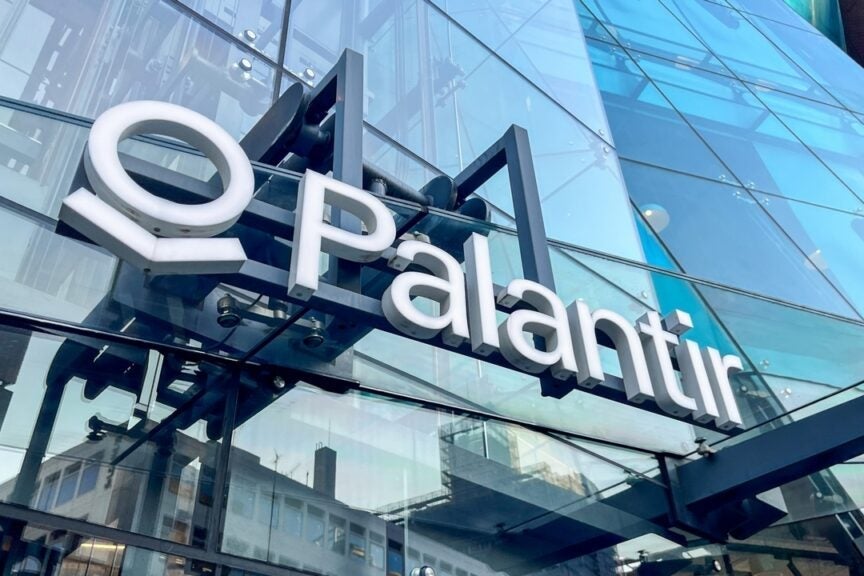Cathie Wood’s Bold Investment Strategy: $18.2 Million in Nvidia and $5.8 Million in Amazon
Renowned investor Cathie Wood, CEO of ARK Invest, has made waves with her latest stock acquisitions—purchasing $18.2 million in Nvidia shares and adding $5.8 million to her Amazon holdings. These strategic moves, executed amid escalating global tariff tensions, signal her confidence in the tech sector’s long-term resilience. Wood’s investments, made through ARK’s exchange-traded funds (ETFs), come as markets grapple with supply chain disruptions and economic uncertainty, raising questions about her bullish outlook on these industry giants.
Wood’s Tech Bet Defies Market Jitters
Despite recent volatility in tech stocks, Wood doubled down on Nvidia—a leader in AI and semiconductor technology—and Amazon, the e-commerce and cloud computing behemoth. According to ARK’s filings, the purchases were spread across three trading days in late June, coinciding with a 7% dip in the NASDAQ. Nvidia now represents 3.2% of ARK’s flagship Innovation ETF (ARKK), while Amazon accounts for 1.8%.
“Cathie Wood is playing chess while others play checkers,” said Mark Douglas, a portfolio manager at FinTrust Capital Advisors. “She’s capitalizing on short-term tariff fears to accumulate shares in companies with asymmetric growth potential—particularly in AI and cloud infrastructure.”
Key data points underscore Wood’s contrarian strategy:
- Nvidia’s Q2 revenue grew 88% year-over-year to $13.5 billion
- Amazon Web Services (AWS) maintains 34% market share in cloud computing
- Global AI chip demand is projected to reach $165 billion by 2030 (Allied Market Research)
Tariff Turbulence Creates Buying Opportunities
The investments arrive as the Biden administration considers new tariffs on Chinese semiconductors and electric vehicles—a move that could impact Nvidia’s supply chain. However, Wood appears to view these challenges as temporary. “ARK’s research suggests the AI revolution will dwarf current trade tensions,” noted Rebecca Jiang, a senior analyst at Bernstein. “Nvidia’s CUDA platform has become the de facto standard for AI development, giving it pricing power regardless of tariffs.”
Historical context supports Wood’s timing:
- Tech stocks rebounded 142% in the 24 months following 2018’s U.S.-China trade war
- Amazon’s stock typically gains 22% in the 12 months after Fed rate hikes (LPL Financial)
Diverging Views on Tech’s Valuation
Not all analysts share Wood’s enthusiasm. “Valuations remain stretched,” cautioned David Kostin, Goldman Sachs’ chief U.S. equity strategist. “Nvidia trades at 35x forward earnings—well above its 5-year average. With interest rates staying higher for longer, we could see multiple compression.”
Yet ARK’s models tell a different story. Their 2026 base case projects:
- Nvidia reaching $1,200/share (versus $130 today)
- Amazon hitting $7,000/share (from $193 currently)
The divergence stems from differing views on AI adoption rates. While Wall Street consensus estimates 25% annual growth in AI spending, ARK forecasts 42%—a gap equivalent to $4 trillion in cumulative revenue by 2030.
Sector Rotation or Long-Term Conviction?
Wood’s purchases contrast with recent sector rotation into energy and utilities. The S&P 500 Tech Index has seen $12 billion in outflows year-to-date, per Bank of America. However, ARK’s moves suggest Wood views this as a generational buying opportunity rather than short-term trade.
“This isn’t market timing—it’s thesis investing,” explained Lisa Shalett, CIO at Morgan Stanley Wealth Management. “Wood’s betting that accelerated computing and AI will drive productivity gains across all sectors, making today’s prices look cheap in hindsight.”
What’s Next for ARK’s Strategy?
Market watchers anticipate Wood may:
- Increase exposure to AI-adjacent companies (robotics, genomics)
- Trim legacy tech holdings to fund new positions
- Leverage options to hedge against short-term volatility
For retail investors considering following Wood’s lead, financial advisors recommend dollar-cost averaging rather than lump-sum investments. “The key question isn’t whether Nvidia and Amazon will grow,” said Douglas, “but whether current prices fully reflect their disruptive potential across multiple industries.”
As tariff debates intensify, Wood’s latest moves underscore her reputation for bold, research-driven bets. While skeptics question valuation metrics, her track record suggests these investments are calculated risks rather than speculative gambles. The coming quarters will reveal whether this strategy pays off as handsomely as her early Tesla wager.
Call to Action: Track ARK’s daily trade notifications and research reports to stay ahead of emerging tech investment trends.
See more CNBC Network



